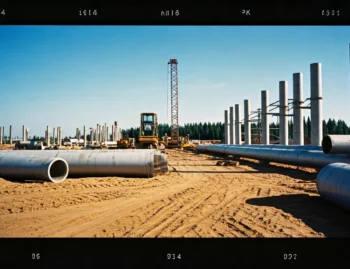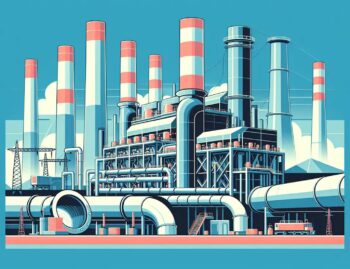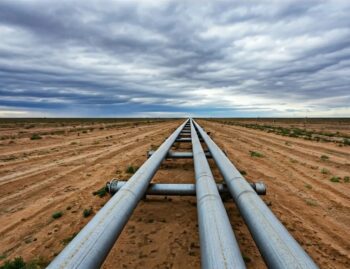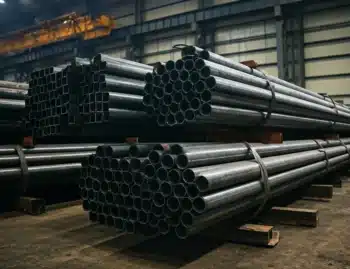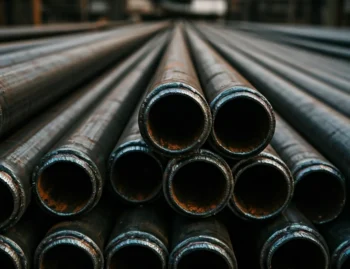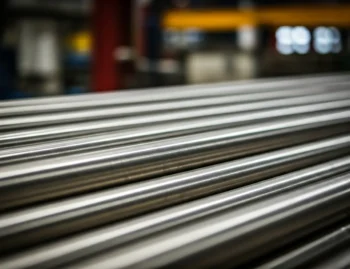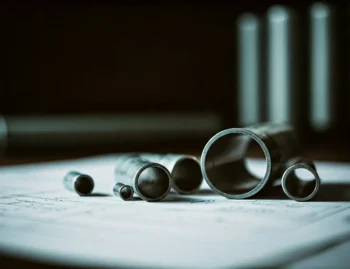The production of steel involves burning coking coal in furnaces to extract iron from iron ore. This process uses a tremendous amount of energy and produces greenhouse gas emissions which are released in the air. It is reported that about five percent of the total carbon dioxide emissions of the world comes from steel production.
The steel industry has been proactive in finding ways to lower the environmental impact of steel production. Steel is viewed as a fundamental part of the greener world. Here are five ways that different steel companies have adopted for going green.
Reducing Pollution by Lowering the Amount of Coking Coal Used
By a process called pulverized coal injection, very fine particles of coal are injected at high rates into the chamber of the blast furnace, thus reducing the amount of coke consumed. This process improves energy utilization and increases productive efficiency.
Using Waste Gases to Produce Bio Ethanol
The chemical process used to develop steel produces a huge amount of waste gases. These gases can be converted into bio ethanol by the use of a peculiar microbe found in rabbits’ guts. ArcelorMittal of Belgium, the world’s largest steel manufacturer, will build a facility for bio ethanol production. It is estimated that this plant could generate enough fuel to produce ethanol blended gas for a half million cars.
Using Recycled Steel to Produce More Steel
Using recycled steel scrap to produce more steel results in 85% fewer carbon emissions, and the use of less energy. In addition, there is the reduction in mining and processing of raw materials and of the consequent air and water pollution during processing. Steel can be recycled over and over again. And this recycling keeps steel scraps from filling landfills.
Using Charcoal as Fuel
In Brazil, steel is made using charcoal from fast growing eucalyptus. Instead of emitting carbon, this “green steel” removes gas from the atmosphere. Producing one ton of green steel removes over a ton of gas from the atmosphere. Other South American countries, and also Australia, are exploring the potential benefits of using forests for supplying biomass charcoal to produce metals. Another advantage in using this method is that the CO2 produced in making biomass charcoal is absorbed by successive crops of growing trees.
Comprehensive Approach to Energy Conservation and Environmental Protection
Beyond the production of steel, the Metallurgical Corporation of China Ltd. (MCC) approached energy consumption and environmental pollution by establishing subsidiaries to tackle these problems using new technology. New methods of sewage treatment, fume and dust disposal, desulfuration and solid waste disposals have been achieved by this green pioneer.


